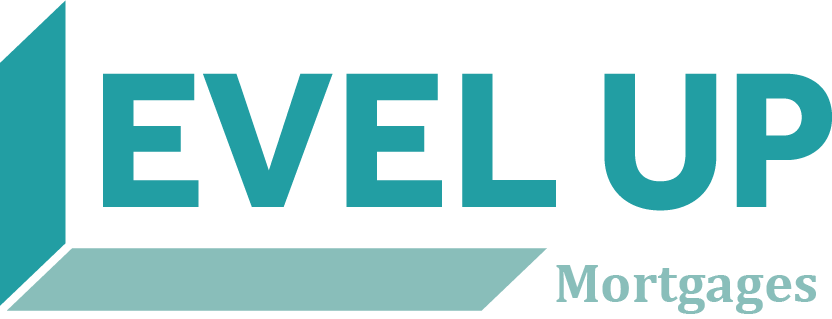5 Tips on How to Get a Mortgage for the Self-Employed
Obtaining a mortgage when you’re self-employed can feel overwhelming at first.
You can’t follow the traditional path of earning a steady salary, but it’s still easy to manage. Your corporation might have enough income to generate a salary for you. The mortgage industry is deeply rooted in an antiquated system that has failed many, but industry leaders are also looking for an alternative solution.
Option #1: Prime Mortgages
If you have good credit, have managed your debt well, and have a history of managing finances for the past two years, you may qualify for a mortgage based on how much money you earn. Have you paid yourself consistently and declared enough income for the past two years?
That’s the key to getting a Prime Mortgage or an A-Lender mortgage – also, you don’t owe the CRA any money or have outstanding tax bills, and all your payments are up to date.
Option #2: Qualify for a Mortgage with Stated Income
A Stated Income mortgage is helpful if you make a good gross income but have high expenses, causing your income to drop below the 5x rule.
With a Stated Income mortgage, lenders take a number based on your gross income and lower it to meet the Income Reasonability number. This number is calculated by dividing your gross income by five.
Option #3: Financing Through Alternative Lenders
Working with an Alternative Lender, or what is known as a B-Lender, is an option for anyone with bad credit who is self-employed and does not have enough income to qualify under traditional guidelines. However, there are some things to note when going down this route that may contribute to incremental costs:
Most mortgage lenders charge about zero to one percent over the typical mortgage rate. Most mortgage lenders charge fees for closing the loan, usually, one percent Alternative forms of proof of income can be used in place of traditional forms, e.g., bank statements, invoices, and work contracts.
Option #4: Credit Union Financing
Sometimes, credit union financing is the best option for you if you’re self-employed. Credit unions bridge traditional lenders (who want to see some proof of income) and more forgiving alternative lenders (who don’t need to see your tax return).
Option #5: Private Lending
Private mortgages should be your last option after you have exhausted the options above of getting a loan through a credit union, local bank, or a secured loan. This should be your last option when dealing with an emergency and needs money quickly.
A private lender is just that; they are out to get money from you in the form of interest. They don’t care about your income, taxes, or if you already owe any money. They will charge an incredible amount of money for the loan, but they will close quickly in the case of an emergency.
THE BOTTOM LINE
If you’re self-employed, you likely need to argue with your lender to get approved for a mortgage. But you can now add another option to your strategy. By knowing your options and evaluating how you want to get your mortgage, you can make sure that you’re getting the best mortgage on the market.
Level Up Mortgages simplifies the mortgage journey for new buyers, newcomers, and the self-employed. If you don’t know where to start or what to do next and want to speak with someone–you can get your questions answered on a call. If you have shopped around but aren’t satisfied and want a rate quote and some cost scenarios broken down, you can apply and get your results emailed to you in under one minute. If you need a self-employed mortgage in Canada, get in touch with us! See what you qualify for and contact Paul to get your pre-approval.

